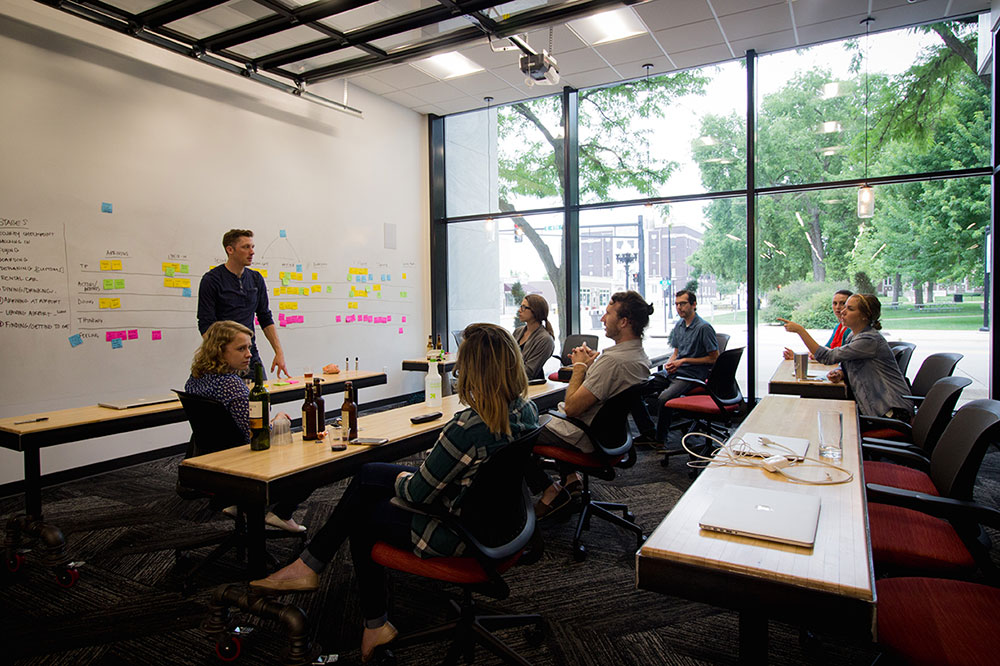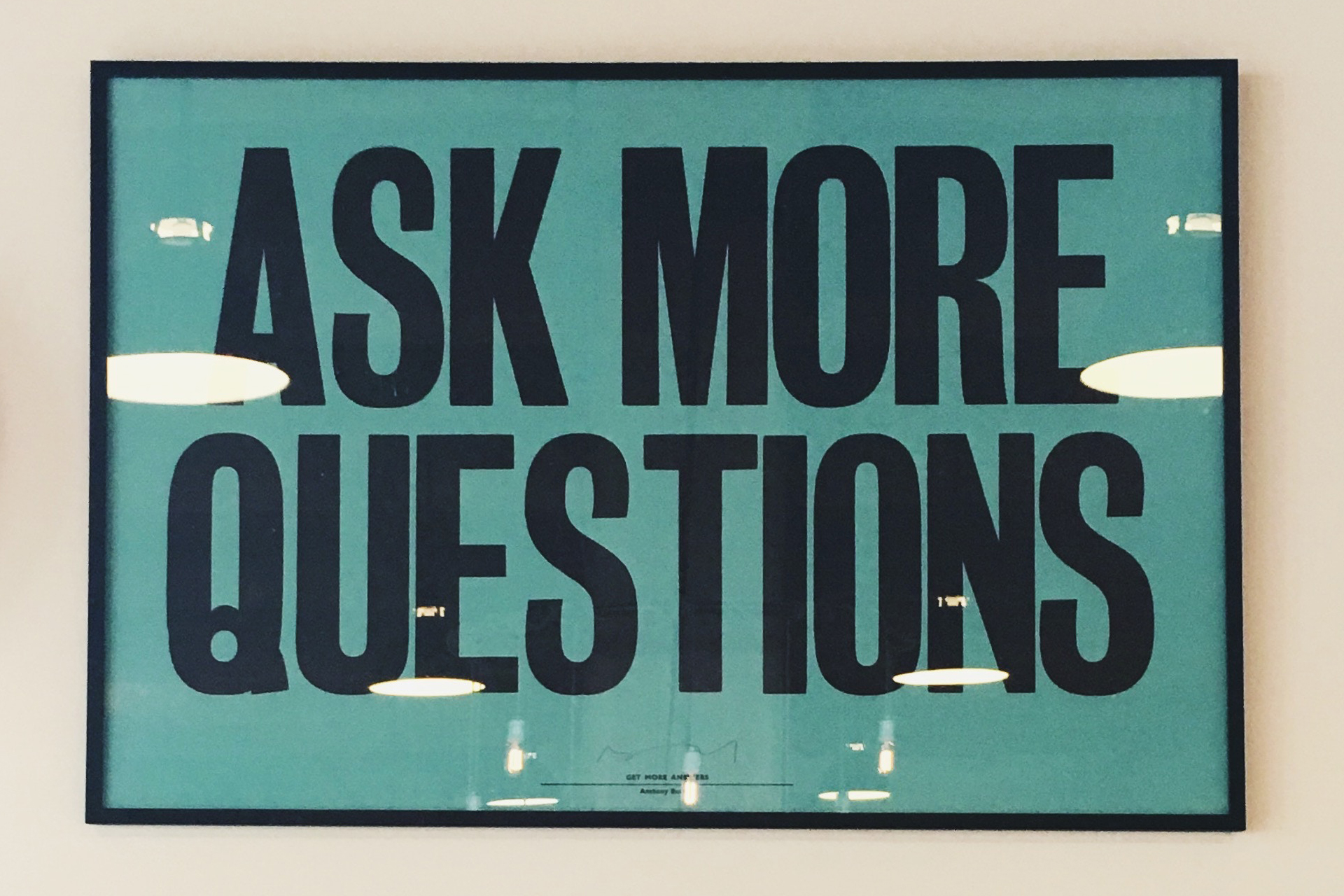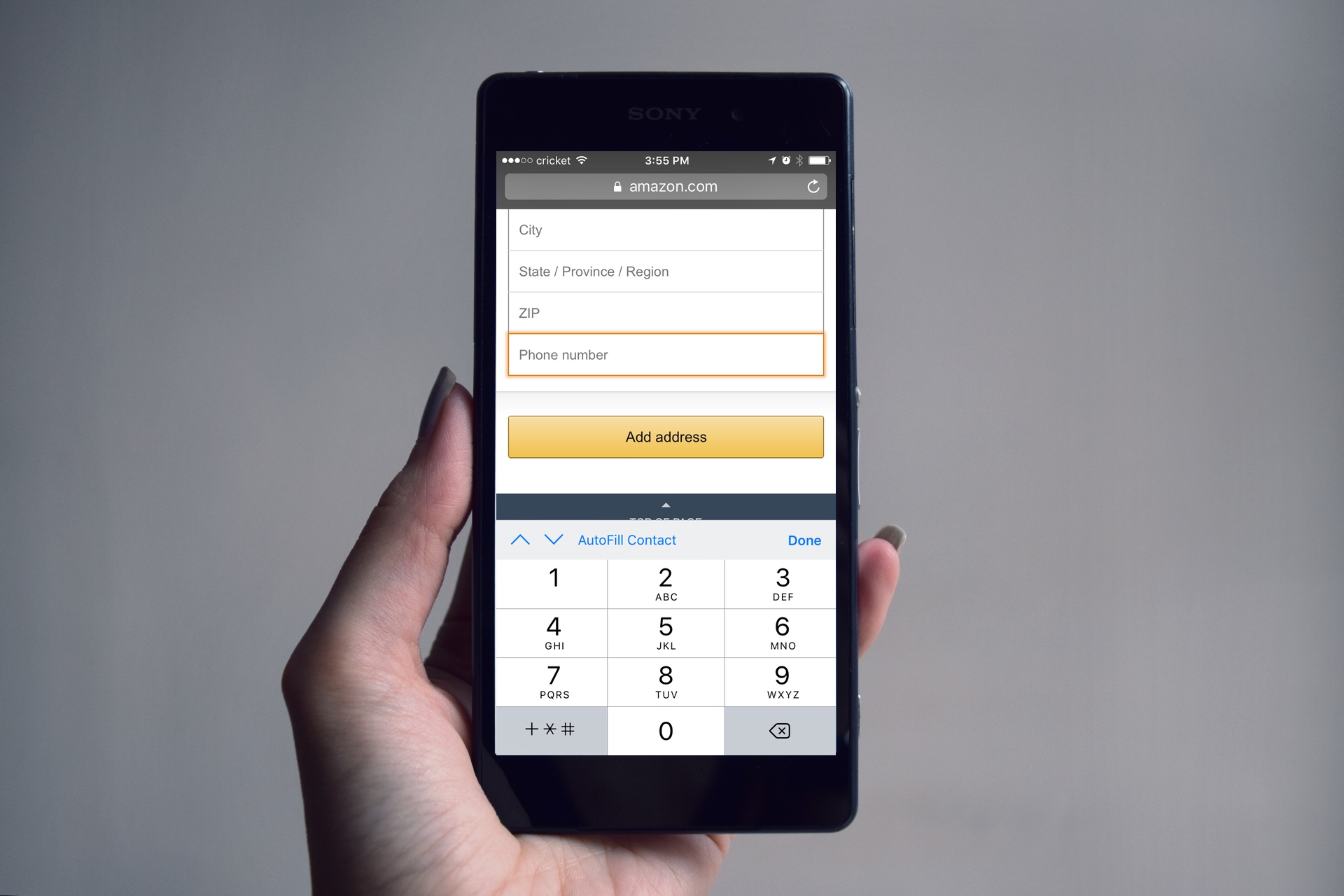Consulting is Hard: Why Getting Naked is the Best Policy
5 min read
When I was in sixth grade, my mom made my siblings and me learn how to play the piano. I moaned and groaned, more interested in my future volleyball career and Olympic aspirations (I was a dreamer), than I was in learning “Mary Had a Little Lamb” or “Row, Row, Row Your Boat.” But my mom insisted, despite all of our complaints, that we would be taking piano lessons.
She tried to persuade us with her stories of regret, that she never really learned to play the piano after years of childhood lessons. I countered with something like, “I’m pretty sure I won’t regret my lack of musical skills when I’m an Olympian.”
She shared the benefits of learning a new skill. I countered with, “How about I work on improving my current skills?”
My parents bought a beautiful piano for us to practice on. I asked, “Where will I practice my emergency (volleyball) moves? And where will we put the Christmas tree?!”
After all of that—reasoning, negotiating, bribery—we were basically told, “because I know what’s best for you, you will try this for one year.”
My fat fingers stopped tickling those ivory keys as soon as the year was over. I just didn’t care enough to be good at it (and I like to be good at everything), but my brother, he found a love for music and became a great saxophone player. So in the end, my mom gave me the opportunity to find what didn’t work, and my brother the opportunity to a find passion that may have been left undiscovered.
Even though my mom couldn’t convince me to learn the piano, she did teach me something important: when we try and fail, it gives us empathy for the people that can and do.
When we try and fail, it gives us empathy for the people that can and do.
I believe parenting is hard. I know consulting is hard.
As a consultant, we spend hours at the whiteboard debating, drawing, and debating some more. Yet we are often questioned, our experience is put aside, and we see decisions made for the sake of time, money, and first-to-market aspirations.
We also try to reason (“It will cost you less to do it right the first time.”), negotiate (“That doesn’t have to be part of the MVE [minimal viable experience], but this really does.”), and bribe (“Based on what we’ve learned in testing, this feature is likely to attract customers from the competition.”), because we have seen teams fail for these very reasons. When we present you a solution, we believe it truly is in the best interest of your product.
It will cost you less to do it right the first time.
That’s not to say we’re always right—because we aren’t—but just like your parents, we have experience on our side. We believe we are making your product better.
I find consulting to be not so dissimilar to what my mom did to my siblings and me so many years ago. She thought she was making us better, she was prepared for the uphill climb, and she pushed us to try even when we didn’t want to.
Consultants have to do it this way, too. We have to push you even when it’s uncomfortable, or when you don’t think you have the expertise, or the time, or the money, or the energy, because it’s our job.
Around here, we call this “Getting Naked,” a philosophy we adopted from Patrick Lencioni. Here are some key takeaways from his book:
Speak up.
It’s better to speak up, even if it’s going to cause more work and hurt feelings.
Be genuine.
We are empathetic people by nature, so we should also establish a connection with our clients. Show them that you care about their success outside of work as well.
Mistakes happen.
Don’t try to save face. Have the hard conversation and own up to a wrong decision.
It’s not about you.
This is hard—it can be hard not to be selfish (I’m Getting Naked, here). But it is always, always about the client’s business.
Rip the Band-Aid off.
Don’t dance around the subject. In order to solve any problem, issues and goals need to be articulated clearly.
“Then you should say what you mean,” the March Hare went on.
“I do,” Alice hastily replied; “at least–at least I mean what I say–that’s the same thing, you know.”
“Not the same thing a bit!” said the Hatter. “You might just as well say that “I see what I eat” is the same thing as “I eat what I see!”
Looking at that list, you may wonder why anyone would need to be reminded of those things, but consulting can mean eating a lot of humble pie. However, if the alternative is to sit idle and not speak up when we see trouble ahead, then we wouldn’t be doing our jobs.
Just like your parents, we need to have the hard conversations. This is not to say we think of our clients as children, I’m merely making the comparison to say that we have experience, we want what’s best for your product, and yes, we may make some mistakes along the way.
So if you are ever getting frustrated with your consultant, know that we understand the ideas we lay out in front of our clients may be a radical. Know that they won’t be easy. But also know that they will be worth it.
Because it’s our job to think past what is, and think of what could be.
It’s our job to think past what is, and think of what could be.
Just like my mom thinking that I could be a great piano player….





